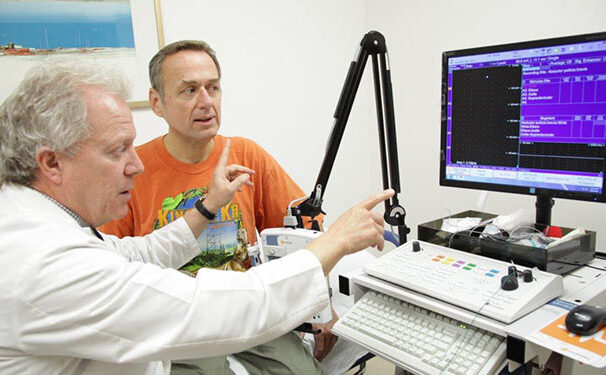HealthProviders DB is a comprehensive database of healthcare providers, including a complete directory of all Neuromuscular Medicine, Psychiatry & Neurology Physicians.
Psychiatry & Neurology Healthcare Taxonomy Code 2084N0008X
As of today, the following are the total number of Neuromuscular Medicine, Psychiatry & Neurology Physicians nationally, in your State, and near your location.
Select a State below to view the list by State. Additionally, you can narrow the list by city, among other options, from the Filter Panel, which you can open by clicking the vertical ellipses ⋮ in the upper right corner of the app.
Alaska – Alabama – Armed Forces Pacific – Arkansas – American Samoa – Arizona – California – Colorado – Connecticut – District of Columbia – Delaware – Florida – Federated States of Micronesia – Georgia – Guam – Hawaii – Iowa – Idaho – Illinois – Indiana – Kansas – Kentucky – Louisiana – Massachusetts – Maryland – Maine – Marshall Islands – Michigan – Minnesota – Missouri – Northern Mariana Islands – Mississippi – Montana – North Carolina – North Dakota – Nebraska – New Hampshire – New Jersey – New Mexico – Nevada – New York – Ohio – Oklahoma – Oregon – Pennsylvania – Puerto Rico – Palau – Rhode Island – South Carolina – South Dakota – Tennessee – Texas – Utah – Virginia – Virgin Islands – Vermont – Washington – Wisconsin – West Virginia – Wyoming
Medicare
The following are the total number of Neuromuscular Medicine, Psychiatry & Neurology Physicians who accept Medicare in your State, the number who have opted out of Medicare, and the total number excluded from participation in Medicare nationwide.
The diagram below shows all the Neuromuscular Medicine Psychiatrists & Neurologists across the country, represented by blue bubbles. The larger the bubble, the greater the concentration of providers in that area. Red bubbles represent Medicare-excluded providers, with the larger bubbles indicating a higher percentage of excluded providers in that region. You can change the bubble size to be based on exclusions from the Size menu.
What do Psychiatrists & Neurologists Specializing in Neuromuscular Medicine do?
Psychiatrists and neurologists specializing in neuromuscular medicine diagnose and treat disorders affecting the nerves, muscles, and their connections, such as ALS, muscular dystrophy, and peripheral neuropathies.
Their work involves a multidisciplinary approach, utilizing diagnostic tools such as nerve and muscle studies, prescribing medications, and coordinating therapies, including physical, occupational, and speech therapy, to manage symptoms, slow disease progression, and improve functional abilities and overall quality of life for patients.
What they do
Diagnosis and Treatment: Neuromuscular specialists are experts in identifying and managing a broad range of conditions that affect motor neurons, nerve roots, peripheral nerves, the neuromuscular junction, and muscles.
Medication Management: They prescribe medications to alleviate symptoms such as pain, muscle stiffness, and excessive saliva, as well as to slow the progression of certain conditions or address underlying immune system dysfunctions.
Therapy Coordination: They work with other healthcare professionals to coordinate therapies, such as physical, occupational, and speech therapy, which help patients maintain muscle function, improve mobility, and enhance communication.
Multidisciplinary Care: Specialists integrate into interdisciplinary teams to provide coordinated care for patients with neuromuscular diseases (NMDs).
Monitoring and Prevention: They perform medical monitoring and surveillance to prevent complications and anticipate care needs for NMDs.
Common conditions treated
Amyotrophic Lateral Sclerosis (ALS): (Lou Gehrig’s disease)
Peripheral Neuropathies: Damage to peripheral nerves, causing weakness, numbness, or pain.
Muscular Dystrophies: A group of genetic diseases that cause progressive muscle weakness and loss.
Myopathies: Disorders affecting the muscle fibers themselves.
Neuromuscular Transmission Disorders: Conditions like myasthenia gravis, where communication between nerves and muscles is impaired.
Diagnostic tools
Blood Tests and Imaging: Used to look for markers of disease and abnormalities in structures.
Electromyography (EMG) and Nerve Conduction Studies (NCS): Used to evaluate nerve and muscle function.
Muscle Biopsy: A tissue sample from a muscle to identify abnormalities.

